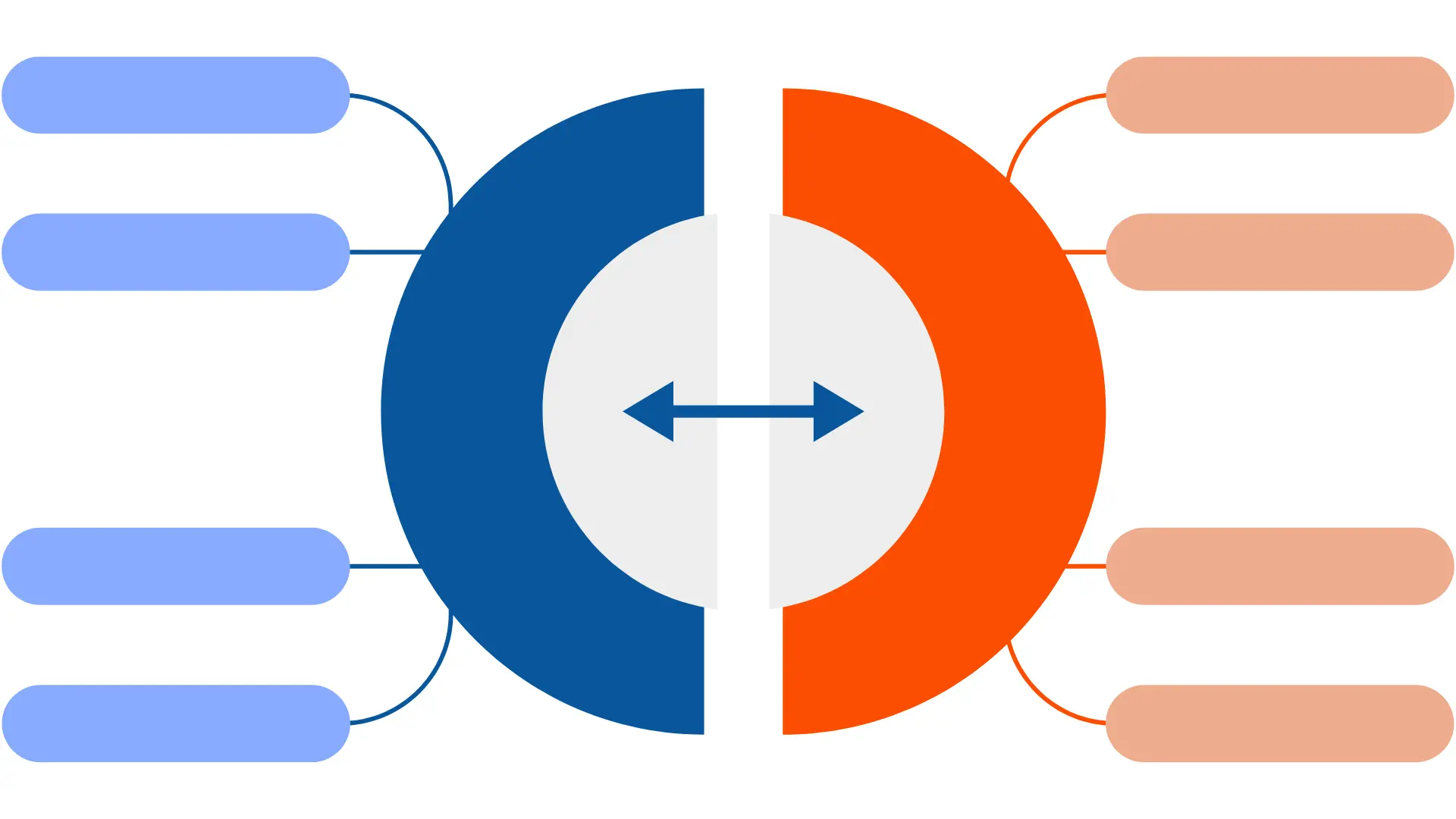
Mainland vs Freezone Companies: A Comparative Analysis for 2025
Table of Contents
The United Arab Emirates (UAE) has established itself as a global hub for business and investment, offering a range of opportunities for entrepreneurs and corporations alike.
With its strategic location, world-class infrastructure, and favorable business environment, the UAE provides two primary options for business setup: Mainland companies and Freezone companies.
Each of these options comes with its own set of regulations, benefits, and limitations, making it essential for business owners to carefully consider which setup aligns best with their business goals.
Importance of Choosing the Right Type of Company
| Aspect | Mainland Companies | Freezone Companies |
|---|---|---|
| Ownership | Up to 51% local partner (100% foreign ownership in many sectors) | 100% foreign ownership allowed |
| Geographic Scope | Operate across UAE and internationally | Limited to Freezone or international; local distributor needed for mainland trade |
| Business Activities | Broad range of activities | Limited to Freezone-approved activities |
| Taxation | Corporate taxes, VAT, import/export duties | 0% corporate tax rate on Qualifying Free Zone Person (QFZP) and Non-qualifying income is taxed at 9% |
| Office Space Requirements | Must have physical office space; often costly | Flexible options; often lower cost |
| Visa Eligibility | Unlimited visas based on office size; easy family sponsorship | Visa quota based on office size; family sponsorship possible but varies |
| Regulatory Compliance | Subject to DED and UAE regulations | Governed by specific Freezone rules |
| Government Contracts | Eligible to bid on government tenders | Generally ineligible; special arrangements required |
| Setup Time | Can be longer due to regulatory processes | Typically quicker and more streamlined |
| Cost of Setup | Higher setup and operational costs | Often lower setup costs, especially with virtual offices |
Importance of Choosing the Right Type of Company
Selecting the appropriate business structure in the UAE is crucial to the success and growth of your enterprise. The type of company you choose will impact various aspects of your business, including ownership, taxation, operational flexibility, and the ability to trade within the UAE or internationally.
Making the right decision can lead to significant advantages, such as tax savings, ease of operation, and access to key markets. Conversely, choosing the wrong structure could result in legal challenges, financial burdens, and missed opportunities.
Purpose of the Comparative Analysis For Mainland vs Freezone

This comparative analysis is designed to provide a clear understanding of the differences between Mainland and Freezone companies in the UAE.
By exploring the key aspects of each option—such as ownership, business activities, taxation, and more—this guide aims to equip you with the knowledge needed to make an informed decision.
Whether you are an entrepreneur looking to establish a new venture or a corporation planning to expand your operations, this analysis will help you determine which business setup is best suited to your needs and long-term objectives.
What is a Mainland Company?
Definition and Characteristics
A Mainland company in the UAE is a business entity that is licensed by the Department of Economic Development (DED) of the respective emirate. Mainland companies are allowed to operate within the local market of the UAE as well as conduct business internationally.
Unlike Freezone companies, Mainland businesses can engage in a wide range of commercial activities without geographical restrictions within the UAE.
They have the flexibility to trade directly with consumers, secure government contracts, and expand across the emirates.
Legal Structure and Ownership Requirements
Traditionally, Mainland companies required a local Emirati sponsor or partner, who held at least 51% of the company’s shares, while the foreign investor retained 49%.
However, recent legal reforms in the UAE have allowed 100% foreign ownership in many sectors, particularly in professional services, certain commercial activities, and manufacturing.
The exact ownership structure depends on the nature of the business activity and the specific emirate’s regulations.
Mainland companies must also meet specific requirements regarding office space and minimum capital, as dictated by the DED.
Common Sectors and Industries
Mainland companies are prevalent across various sectors due to their operational flexibility and access to the local market. Common industries include:
- Retail and Trading: Shops, supermarkets, and general trading companies.
- Real Estate and Construction: Development companies, contractors, and real estate agencies.
- Hospitality and Tourism: Hotels, restaurants, travel agencies, and event management.
- Professional Services: Legal firms, consulting agencies, and financial services.
- Healthcare: Hospitals, clinics, and pharmaceutical companies.
What is a Freezone Company?
Definition and Characteristics
A Freezone company in the UAE is established within a designated Freezone—a special economic area designed to attract foreign investment.
Freezones offer numerous incentives, such as 100% foreign ownership, tax exemptions (Non-qualifying income is taxed at 9%), and simplified business setup processes.
However, Freezone companies are generally restricted to conducting business within the Freezone or internationally, with limitations on trading directly within the UAE mainland unless they appoint a local distributor.
Types of Freezones in the UAE
The UAE hosts over 45 Freezones, each catering to specific industries and business activities. Notable Freezones include:
Ajman Free Zone: Known for its affordability and diverse business activities, this Freezone is ideal for SMEs and startups looking for cost-effective solutions with full ownership and easy access to the local and international markets.
Dubai International Financial Centre (DIFC): A leading financial hub in the Middle East, DIFC is designed for banking, financial services, and investment firms. It offers a world-class regulatory framework and an extensive network of international companies.
International Free Zone Authority (IFZA): Located in Dubai, IFZA is known for its cost-effective licensing solutions and wide range of business activities. It is an attractive option for businesses looking for a flexible and affordable setup with international reach.
Dubai World Trade Centre (DWTC): Situated at the heart of Dubai, DWTC Freezone is tailored for companies involved in events, exhibitions, and conferences, providing access to a vast network of industry leaders and global markets.
Meydan Free Zone: Positioned within the prestigious Meydan area in Dubai, this Freezone caters to a wide range of industries, offering a prime location with easy access to the city’s business districts.
Dubai Design District (D3): Focused on the creative industries, D3 is the go-to Freezone for fashion, design, art, and media companies. It offers a vibrant community and state-of-the-art facilities for creatives.
Sharjah Publishing City (SPC) Free Zone: The world’s first Freezone dedicated to publishing and related activities, SPC provides a strategic location for publishers, authors, and media companies with 100% foreign ownership and easy access to global markets.
Legal Structure and Ownership Benefits
Freezone companies in the UAE offer the significant advantage of 100% foreign ownership without requiring a local sponsor.
Additionally, these companies enjoy corporate tax exemptions, zero import or export duties, and full repatriation of profits and capital.
The legal structure of Freezone companies is often streamlined, with minimal requirements for capital deposits, making them an appealing option for startups and small to medium-sized enterprises (SMEs).
Furthermore, each Freezone offers specialized facilities, infrastructure, and support services tailored to specific industries, enhancing the overall business environment for companies operating within these zones.
Key Differences Between Mainland and Freezone Companies
Ownership and Control
Mainland Ownership: Local Partner Required
Mainland companies traditionally required a local Emirati sponsor or partner to hold at least 51% of the company’s shares, while the foreign investor retained 49%.
However, recent legal changes have allowed 100% foreign ownership in many sectors, particularly in professional services and certain commercial activities. Despite this, some industries and activities may still require a local partner.
FreeZone Ownership: 100% Ownership
In contrast, Freezone companies offer 100% foreign ownership without the need for a local sponsor, making them an attractive option for entrepreneurs who want full control over their business. This ownership structure is consistent across all Freezones in the UAE.
Business Scope and Activities
Geographic Limitations and Permitted Activities For Mainland
Mainland companies are allowed to operate anywhere within the UAE, giving them the flexibility to trade with consumers directly, participate in government tenders, and expand their operations across all emirates.
They can engage in a wide range of commercial activities without geographical restrictions, making them suitable for businesses aiming to serve the local market extensively.
Geographic Limitations and Permitted Activities For FreeZones
On the other hand, Freezone companies are generally restricted to conducting business within their specific Freezone or internationally.
They cannot directly trade within the UAE mainland without appointing a local distributor or setting up a branch office in the mainland.
This limitation can be a significant factor for businesses that need to access the broader UAE market directly.
Taxation and Financial Incentives
Mainland: Corporate Taxes, VAT, and Import/Export Duties
Mainland companies are subject to UAE corporate taxes, which vary depending on the emirate and business activity.
Additionally, they are required to register for VAT if their annual turnover exceeds the mandatory threshold, and they may also be subject to import/export duties when trading with other countries.
Freezones: Corporate Taxes, VAT, and Import/Export Duties
Freezone companies, however, benefit from significant tax incentives. Free-zone companies can benefit from a 0% corporate tax rate on qualifying income indefinitely, provided they maintain Qualifying Free Zone Person (QFZP) status; non-qualifying income is taxed at 9%.
Moreover, Freezone companies are not subject to VAT on transactions within the Freezone or between Freezones, and they typically benefit from exemptions on import and export duties, which is a substantial advantage for companies involved in international trade.
Office Space and Facilities
Mainland: Physical Office Requirements and Costs
Mainland companies are required to have a physical office space within the UAE, with minimum office space requirements typically dictated by the DED.
This can involve significant costs, especially in prime locations within major cities like Dubai and Abu Dhabi.
However, this physical presence allows companies to establish a more substantial foothold in the local market.
FreeZones: Physical Office Requirements and Costs
Freezone companies, by contrast, have more flexible options regarding office space. Many Freezones offer a range of facilities, from virtual offices to fully serviced offices and warehouses, catering to different business needs.
The cost of office space in a Freezone can vary significantly depending on the location and facilities provided, but it often presents a more cost-effective solution for startups and SMEs compared to Mainland setups.
Visa Eligibility and Sponsorship
Mainland: Employee Visas and Family Sponsorship
Mainland companies have a straightforward process for obtaining visas for their employees, with the number of visas available often tied to the size of the office space they occupy.
Mainland companies can also easily sponsor family members for residence visas, making it convenient for business owners and their employees to bring their families to the UAE.
FreeZones: Employee Visas and Family Sponsorship
Freezone companies are also allowed to sponsor visas for their employees, with the number of visas typically depending on the type of office space rented (e.g., virtual office, serviced office, or warehouse).
Freezone companies can sponsor family members as well, though the process may vary slightly depending on the specific Freezone’s regulations. Freezone companies generally have a more streamlined and less costly visa process, making them an attractive option for businesses with fewer employees or those seeking a more straightforward setup.
Pros and Cons of Mainland Companies
Advantages of Mainland Companies
Unlimited Access to the UAE Market:
Mainland companies can operate throughout the UAE without geographical restrictions, allowing them to trade directly with customers, secure government contracts, and expand across all emirates. This unrestricted access is particularly beneficial for businesses targeting the local market.Flexibility in Business Activities:
Mainland companies are permitted to engage in a wide range of business activities, including those that are off-limits to Freezone companies. They can also diversify their operations and enter multiple sectors under a single license.Ability to Bid on Government Contracts:
Mainland companies can participate in government tenders and projects, which are often lucrative and provide opportunities for substantial growth. This is a significant advantage for businesses in sectors such as construction, IT, and professional services.Simplified Visa Sponsorship:
Mainland companies can sponsor an unlimited number of employee visas, depending on the size of their office space, and can easily sponsor family members for residence visas. This makes it easier to attract and retain talent from around the world.
Disadvantages and Challenges of Mainland Companies
Local Ownership Requirements:
Although recent reforms have allowed 100% foreign ownership in many sectors, certain industries still require a local Emirati partner to hold a majority share. This can limit foreign investors’ control over their business.Higher Setup and Operational Costs:
Mainland companies must rent physical office space, which can be costly, particularly in prime locations. Additionally, they may face higher operational expenses related to compliance with local regulations, employee benefits, and other requirements.Taxation and Regulatory Compliance:
Mainland companies are subject to UAE corporate taxes, VAT, and other regulatory requirements. Ensuring compliance with these regulations can be complex and time-consuming, particularly for small and medium-sized enterprises (SMEs).Limited Privacy:
The requirement to disclose the identity of the local sponsor or partner may lead to concerns about privacy and control. Additionally, the need for public registration of the business can make certain company details accessible to competitors and the public.
Pros and Cons of Freezone Companies
Advantages of Freezone Companies
100% Foreign Ownership:
Freezone companies offer full foreign ownership without the need for a local sponsor, providing entrepreneurs and investors with complete control over their business. This is particularly attractive for those who want to maintain sole decision-making authority.Tax Incentives and Exemptions:
Freezone companies benefit from significant tax advantages, including exemptions from corporate taxes for a specified period, no VAT on transactions within the Freezone, and no import/export duties. These incentives can lead to substantial cost savings, especially for international businesses.Streamlined Setup and Lower Costs:
Setting up a Freezone company is often quicker and more straightforward than establishing a Mainland business. Freezones offer a range of cost-effective office solutions, such as virtual offices and serviced facilities, reducing overhead costs for startups and SMEs.Specialized Business Environment:
Many Freezones are tailored to specific industries, offering state-of-the-art infrastructure, networking opportunities, and industry-specific support services. This specialized environment can enhance business operations and foster growth.
Disadvantages and Challenges of Freezone Companies
Limited Market Access:
Freezone companies are generally restricted from conducting business directly within the UAE mainland. To sell products or services in the mainland, they must appoint a local distributor or establish a branch office, which can add complexity and cost to their operations.Restrictions on Business Activities:
Freezone companies are limited to the activities permitted within their specific Freezone. Expanding into other sectors or regions within the UAE may require additional licenses or setting up a separate entity outside the Freezone.Dependence on Location-Specific Regulations:
Each Freezone has its own set of regulations, which may vary significantly from one to another. Navigating these rules can be challenging, particularly for businesses that want to operate in multiple Freezones or expand into the mainland.Employee Visa Limitations:
The number of employee visas a Freezone company can sponsor is often tied to the size and type of office space it occupies. This limitation can restrict business growth, particularly for companies that require a large workforce.
“For a deeper understanding of the key considerations when deciding between Mainland and Freezone setups, check out our comprehensive guide on Factors to Consider When Choosing Between Mainland and Freezone.“
Related Articles
Are Your Ready To Get Golden Visa? Fill Below Form!
Your Questions Answered
Frequently Asked Questions
The Emirates ID is an official identification card issued by the UAE government to all citizens and residents. It is mandatory for accessing various government services, banking, and other essential activities.
You can apply for an Emirates ID through the Federal Authority for Identity and Citizenship (ICA) website or at any authorized typing center. You will need to provide required documents and complete the application form.
The processing time for an Emirates ID application can vary. Typically, it takes around 7-10 working days. However, it can take longer during peak periods or if additional verification is required.
To check your Emirates ID status, you will need your application number or Emirates ID number. These details are necessary to retrieve the status of your application from the ICA website.
If your application is rejected, review the reasons provided by the ICA. Common issues include incorrect or incomplete information. Correct the errors and reapply. You may also contact ICA support for further assistance.
Yes, you can check your Emirates ID status using your mobile phone. The ICA website is mobile-friendly, and you can follow the same steps as you would on a computer to check your status.
If your status shows ‘Processing,’ it means that your application is still being reviewed and processed by the ICA. You may need to wait a few more days for further updates.
To update your information, such as your address or contact details, visit the ICA website or an ICA service center. You will need to provide proof of the changes and complete the necessary forms.
If your Emirates ID is lost or stolen, report it immediately to the ICA. You can apply for a replacement ID through the ICA website or at an authorized typing center. There may be a fee for the replacement card.
You can contact ICA customer service by calling 6005-30003 or by emailing contactus@ica.gov.ae. For more detailed information and FAQs, you can also visit the ICA website’s support and help section.



